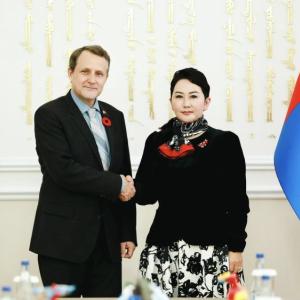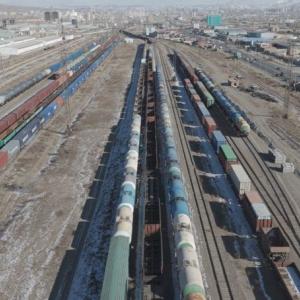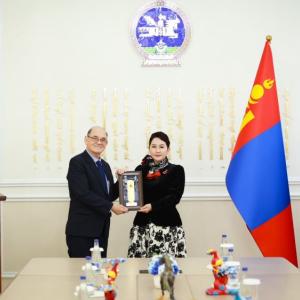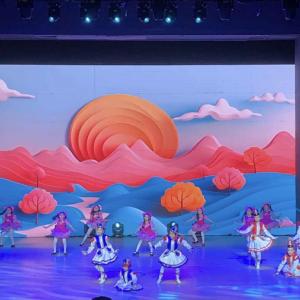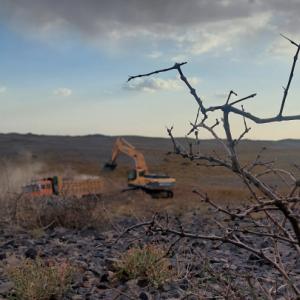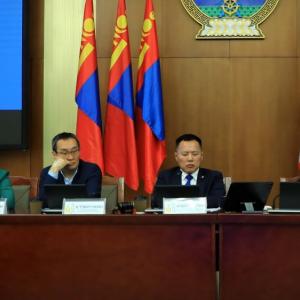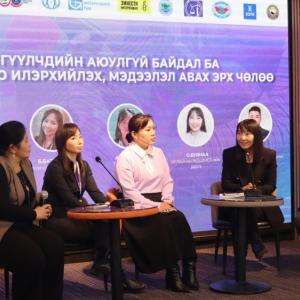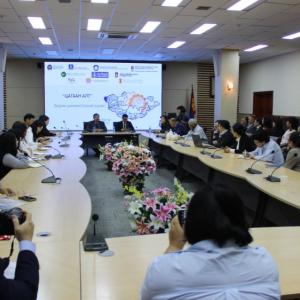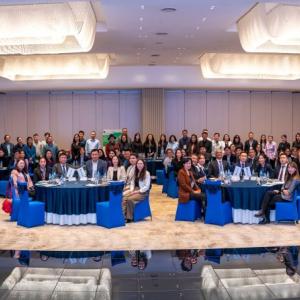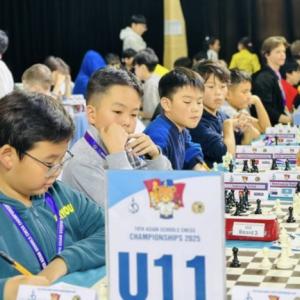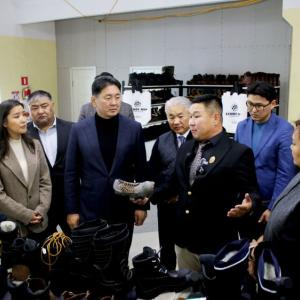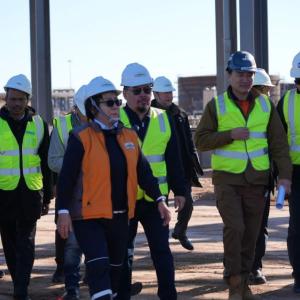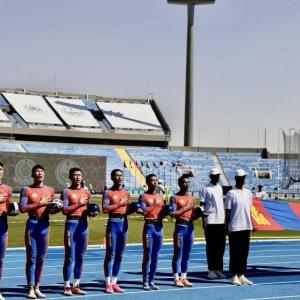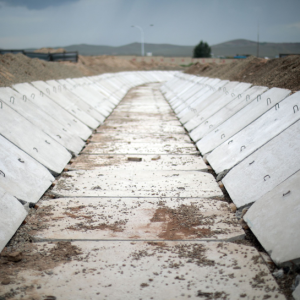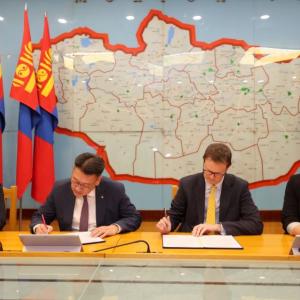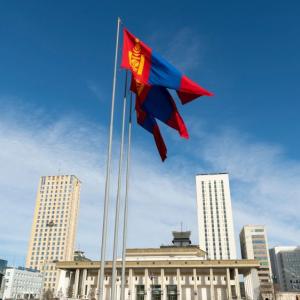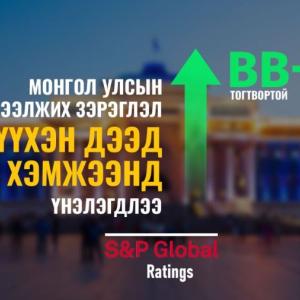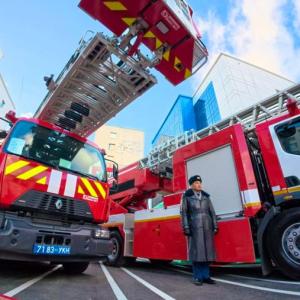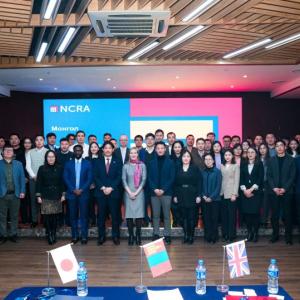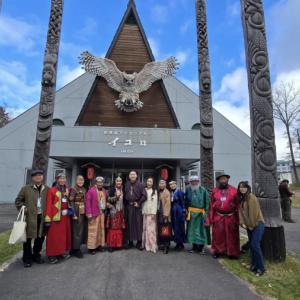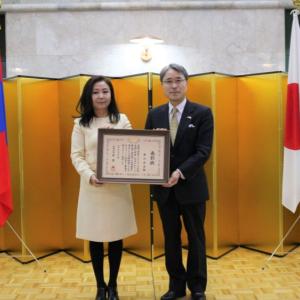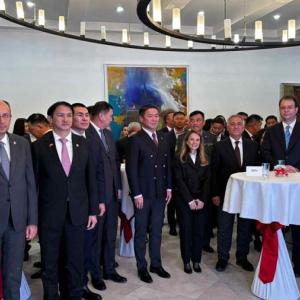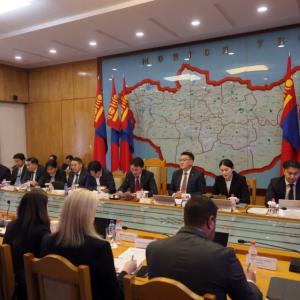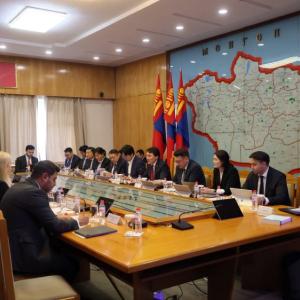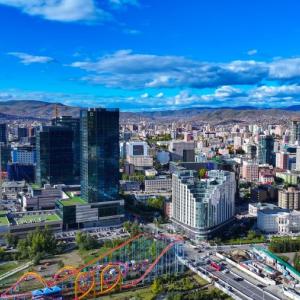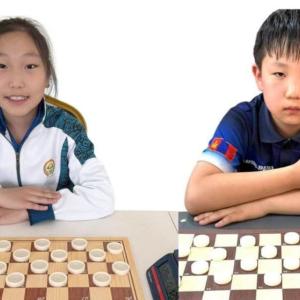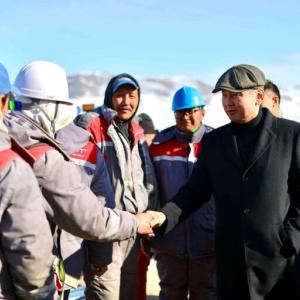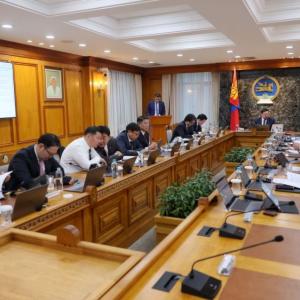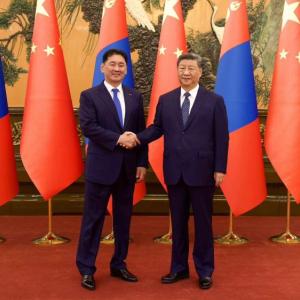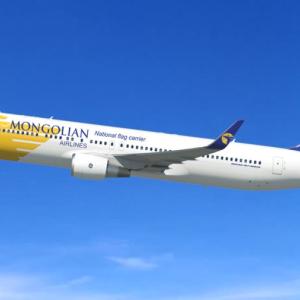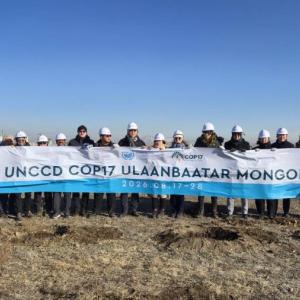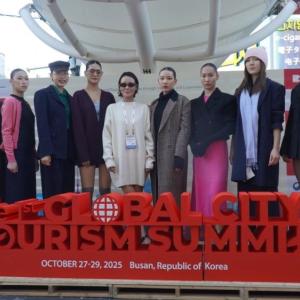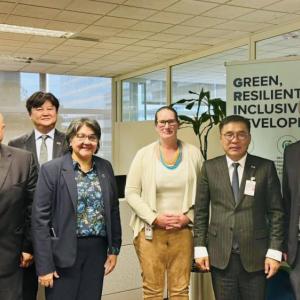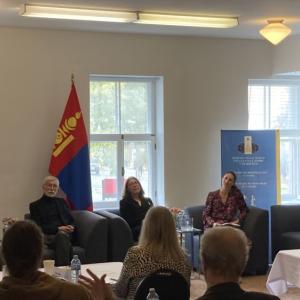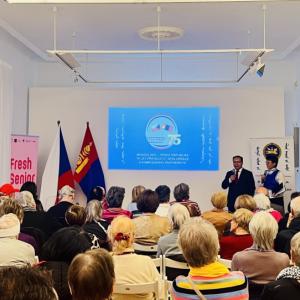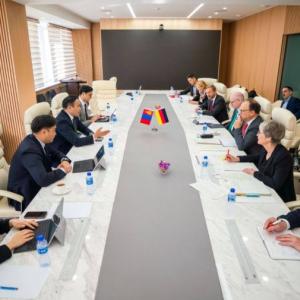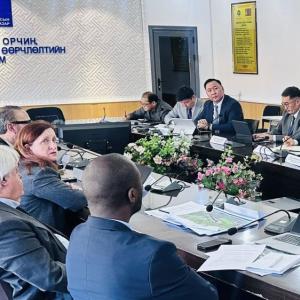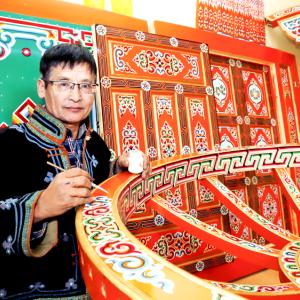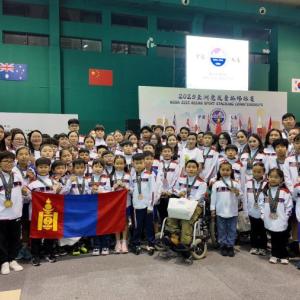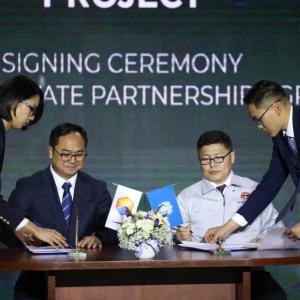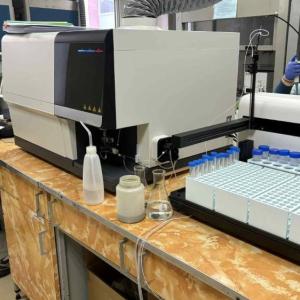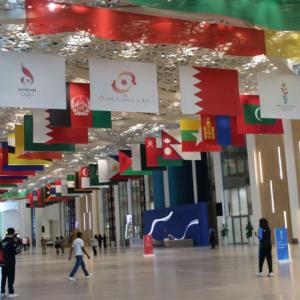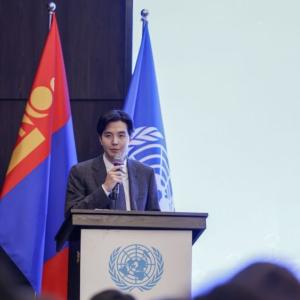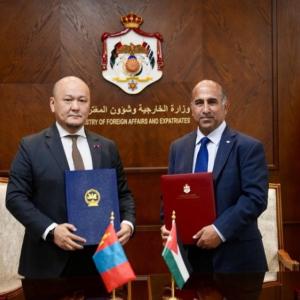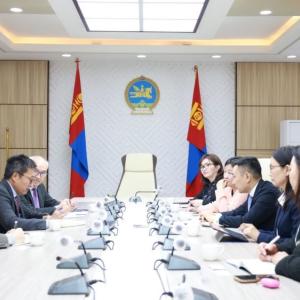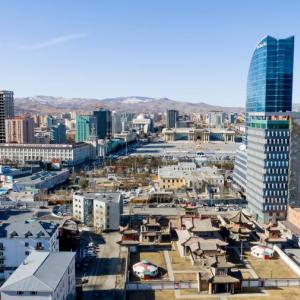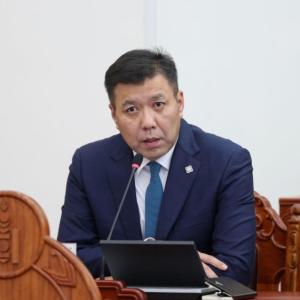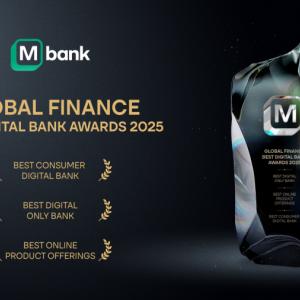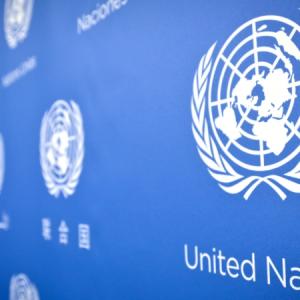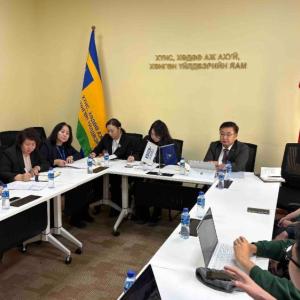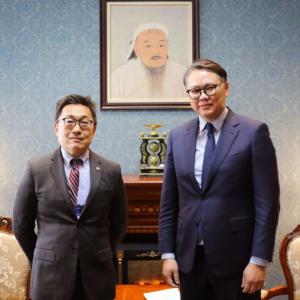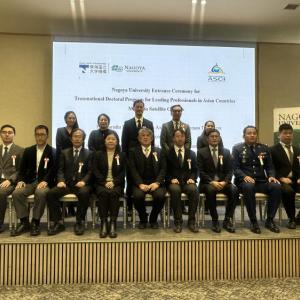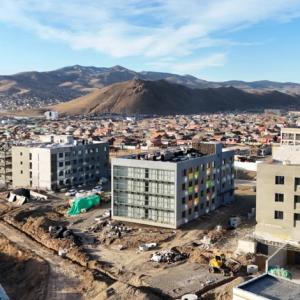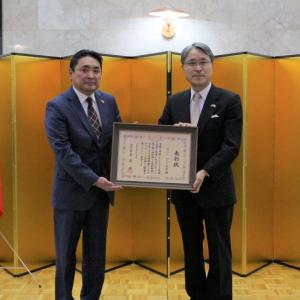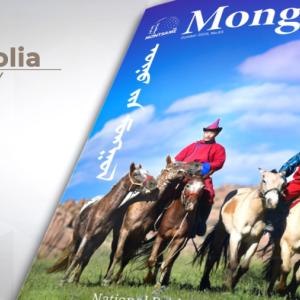Sustainable Development Goals officially launch in Mongolia
PoliticsUlaanbaatar /MONTSAME/ The United Nations Resident Coordinator Ms Beate Trankmann announced the Launch of Sustainable Development Goals in Mongolia at a UN press conference on September 28.
She said in the official statement: “This weekend the world entered a new era. On 25 September 2015, leaders from 193 countries adopted the Sustainable Development Goals - the global development agenda for the next 15 years. The SDGs are a global call to action to end poverty, fight inequality, protect the planet and ensure that all human beings enjoy peace and prosperity without leaving anyone behind.
The SDGs have been set by all the people of the world for the people of the world – today and tomorrow. They are the result of an unprecedented 3 yr long consultation process. People across the world, including in Mongolia shared their vision for a better world and what is needed to attain it. More than eight million people worldwide voiced their views on their most pressing needs.
At the start of the debate was the question what kind of world do we want to live in? What type of development should the world strive for? The result was a development blueprint that envisages an equal and sustainable world. This is a world where development creates jobs and prosperity and does not harm the planet. This is a word where people can escape poverty, where they can stay healthy and get the food and water they need; where everyone can access clean energy and where everyone including women and girls are afforded equal rights and equal opportunities.
So, the SDGs are about the way we should live, behave, consume produce and do business to attain this vision. (For the first time, the SDG agenda includes targets on the protection of world’s ecosystems and the earth climate)
The SDGs are also much more about governance focusing on the creation of the rule of law, transparency and accountability without which development can neither be equitable nor sustainable.
The SDGs are universal. They will apply to all countries regardless of their level of development. This is in recognition of the fact that the only way for prosperity to be shared and for the planet’s natural boundaries to be respected, changes will need to take place in all countries at all income levels. This conveys a strong message that development is not something that happens to somebody else somewhere else. The SDGs are the peoples’ goals – your goals.
The SDGs build on the achievements of the MDGs that were established in the year 2000. The MDG have been the most successful anti-poverty push in history. The lives of millions of people have been improved through MDG action. Global poverty continues to decline, more people have access to safe drinking water, more children than ever are attending primary school, and targeted investments in fighting malaria, AIDS and tuberculosis have saved millions.
Mongolia has embraced the MDGs, and embedded them into national development policy and plans. Good progress has been made. More than 500,000 Mongolians were lifted out of the poverty. Mongolia succeeded where many countries failed, namely in decisively reducing maternal and infant/ under five mortality. But still 21.6% of the population live below the poverty line. They continue to lack equal opportunities to decent jobs, access to quality education, health and social care services. Achieving MDG targets for clean water and sanitation also remains a challenge. Mongolia as many other countries will also not reach the MDG target for gender equality in decision making. In addition, not everybody in Mongolia has benefitted equally from economic growth and development. Inequality between urban and rural is on the rise. Ger district populations also do not benefit from services to the same level.
The SDGs will continue this unfinished agenda of MDGs and build on it.
Successful implementation of SDGs will depend on all sectors of society – on all of us. Inclusive partnership with players from government, businesses, civil society and academia is the only way to deliver SDGs effectively.
Responsible business operations, investment, innovation and collaboration from the private sector will be indispensable in the period ahead. The SDGs are a massive agenda. They cannot be financed from public sector and development assistance alone. Many of the recent successes in development and climate change have been achieved through public-private partnerships with the power to mobilize finance, expertise, knowledge and innovations, transform consumption patterns and protect the environment.
Civil society can make many important contributions to policy development. The role of civil society will be critical both to raise awareness with communities on new legislation and initiatives related to the SDGs but also to ensure that the views and actual needs of marginalized groups and remote populations are reflected in these plans.
The SDGs will be the center piece of the UN’s work in Mongolia. To start, we will support Mongolia in producing reliable data and indicators that are essential for measuring progress and making sure our efforts reach everyone. We will support the government to integrate them into national development visions and policies, budgets and action plans. We will work with and support all stakeholders - civil society, private sector, communities - to play their role to accelerate progress across the goals.
The SDGs will be an essential platform to ensure that Mongolia can achieve and maximize all its potential in the next 15 years. By ensuring development that is inclusive, equitable and sustainable, Mongolia’s natural resources can be translated in long term return for its people and future generations. There could not a better policy framework for Mongolia than the SDGs and this is an opportunity we cannot miss.
The SDGs matter to all of us as we have a shared responsibility for our future and that of our planet. There is no “planet B” as the Secretary General says.
We are the first generation that can end poverty. But we are also likely the last generation that can save the planet from irreversible climate change.”
 Ulaanbaatar
Ulaanbaatar





